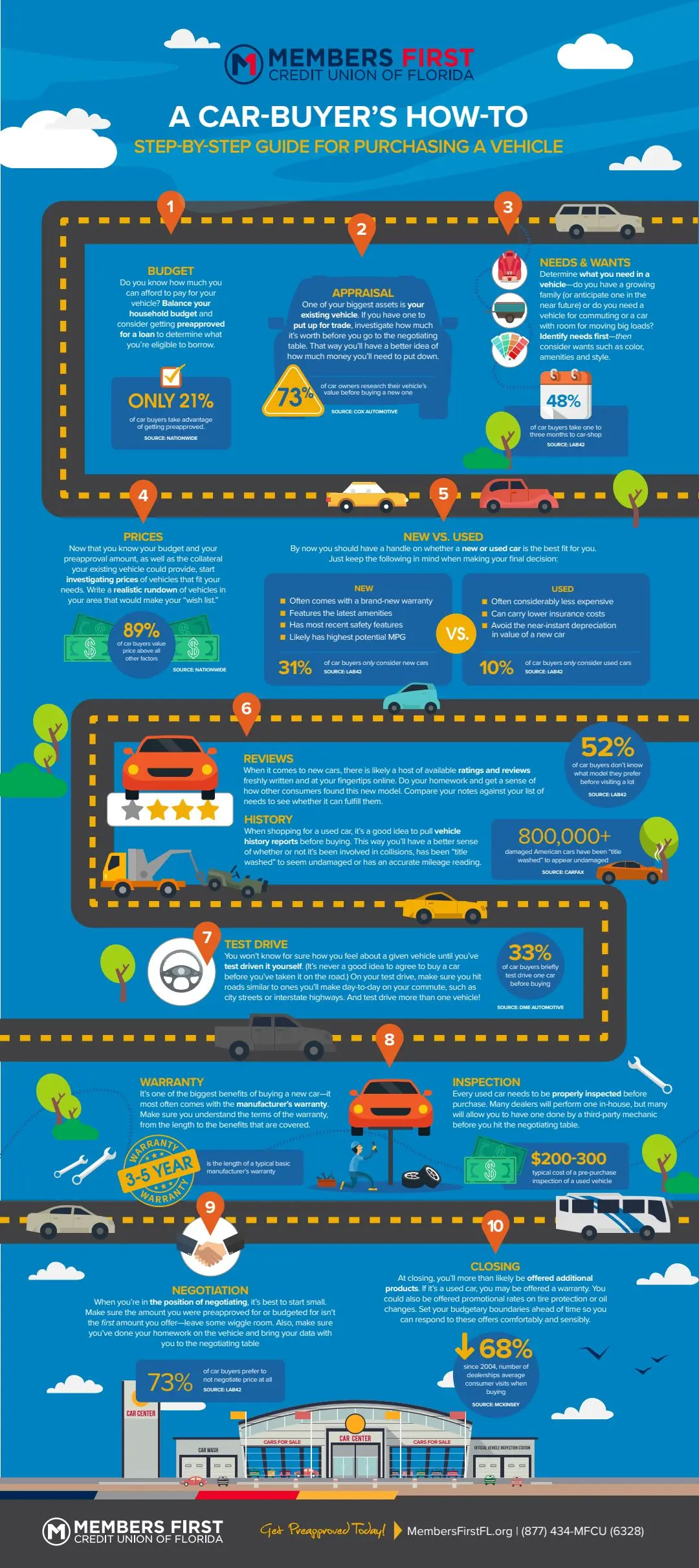Index Surge: Amplifying Your Insights
Stay updated with the latest trends and news across various industries.
Don't Get Ripped Off: Your Sneaky Car Buying Playbook
Unlock the secrets to smart car buying! Avoid scams and save big with our ultimate guide to outsmarting dealers. Don’t get ripped off!
Top 5 Hidden Fees to Watch Out For When Buying a Car
When it comes to purchasing a car, many buyers are aware of the upfront costs, but hidden fees can sneak up on you and significantly inflate the total price. One of the most common hidden fees is the documentation fee, which dealerships charge for processing paperwork. This fee can range anywhere from a few hundred to over a thousand dollars, and it’s essential to ask about it before finalizing the deal. Additionally, you should be wary of the dealer preparation fee, which may cover minor touch-ups, that can also add a substantial amount to your purchase.
Another notable hidden charge is the destination charge, which is the cost of transporting the car from the manufacturer to the dealership. This fee is often included in the vehicle's sticker price but can vary notably between models. Lastly, don’t overlook potential add-on fees for services like extended warranties or paint protection plans that dealers may push on you as must-haves. To avoid being caught off guard, it's vital to do your homework and ask for a detailed breakdown of all fees associated with your car purchase.

The Ultimate Checklist for a Successful Car Purchase
Buying a car can be an overwhelming experience, but having a plan can make it more manageable. Start your journey with a clear understanding of your budget. Determine how much you can afford by including not just the purchase price, but also taxes, registration fees, insurance, and maintenance costs. Once you have a budget in mind, research the type of car that best fits your lifestyle and needs. Consider factors such as fuel efficiency, reliability, and resale value. Make a list of potential vehicles that meet your criteria to simplify your decision-making process.
Next, it’s crucial to perform a thorough inspection and test drive before finalizing your purchase. Create a checklist of important aspects to examine, such as the exterior body condition, tire health, and interior features. During the test drive, pay attention to how the car handles, the noise levels, and comfort. After ensuring the vehicle meets your expectations, verify the vehicle history using the VIN to check for any past accidents or issues. Finally, don’t forget to negotiate the price! Research similar models in your area to strengthen your bargaining position and ensure you’re getting the best deal possible.
How to Negotiate Like a Pro: Tips for Getting the Best Deal on Your Next Vehicle
Negotiating for a vehicle can be a daunting experience, but with the right approach, you can negotiate like a pro. Start by researching the vehicle you want, including its market value, features, and common issues. Websites like Kelley Blue Book or Edmunds can provide you with valuable insights. Once you have this information, set a clear budget and be prepared to walk away if the deal doesn’t meet your expectations. Remember, knowledge is power in negotiations.
During the negotiation process, use active listening techniques to understand the seller's perspective. Here are some tips to enhance your negotiation skills:
- Stay calm and maintain a friendly demeanor.
- Always start with a lower offer than what you are willing to pay.
- Highlight any research you’ve done to justify your offer.
- Be prepared to counter any objections with facts.
By applying these strategies, you can improve your chances of getting the best deal on your next vehicle.